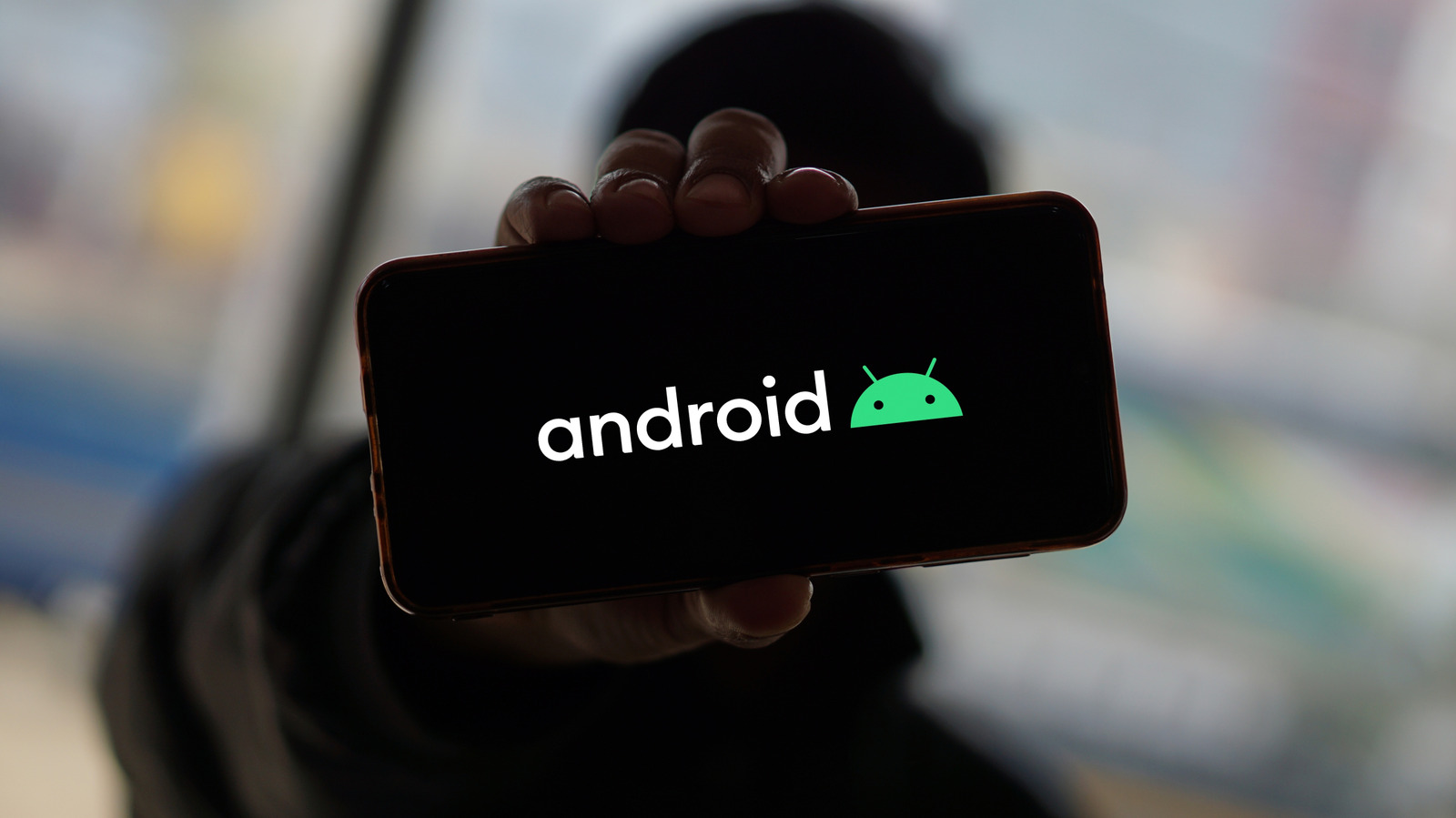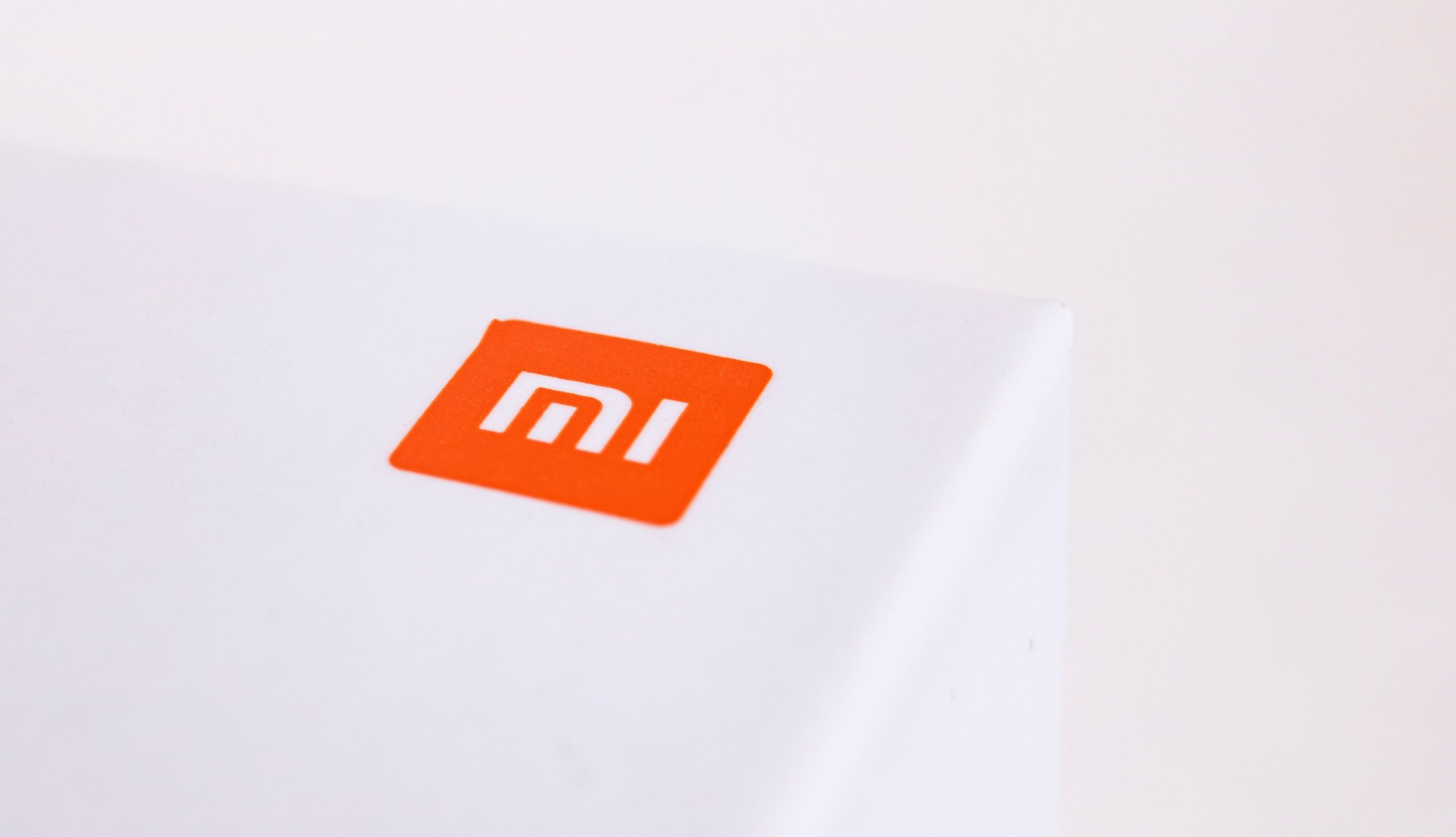China’s National Development and Reform Commission (NDRC) and Ministry of Finance on Wednesday announced new policies for equipment upgrades and consumer goods trade-ins in 2025. The policies aim to boost key sectors by providing subsidies for purchasing new digital products, home appliances, and vehicles.
Why it matters: This announcement reflects China’s efforts to stimulate domestic consumption, promote technology upgrades, and drive economic growth. The subsidies also highlight concerns about slowing domestic demand.
Details: The following is a summary of the new policies regarding consumer purchases of electronic products or trade-ins for household appliances and vehicles.
- Consumers purchasing smartphones, tablets, or smartwatches can receive a subsidy of 15% of the product’s sale price, limited to one item per category per person and capped at RMB 500 ($68) per item.
- The trade-in subsidy program for household appliances has expanded from eight categories last year to twelve in 2025. Consumers can receive up to 20% of the sale price for each item, with a maximum subsidy of RMB 2,000 ($272) per item. Eligible appliances include refrigerators, washing machines, TVs, air conditioners, computers, water heaters, stoves, range hoods, microwaves, water purifiers, dishwashers, and rice cookers.
- The new policy expands the eligibility for scrappage subsidies to include older vehicles meeting China IV emission standards. It incentivizes individuals to replace outdated cars with new energy or fuel-efficient vehicles by offering subsidies of up to RMB 20,000 ($2727).
Context: The government announcement warns that any businesses found violating pricing commitments, engaging in practices such as “raising prices before offering discounts,” or fraudulently obtaining subsidy funds will be immediately disqualified from participating in the program, and state subsidies will be reclaimed. Consumer complaint and reporting channels are now open.
Related











